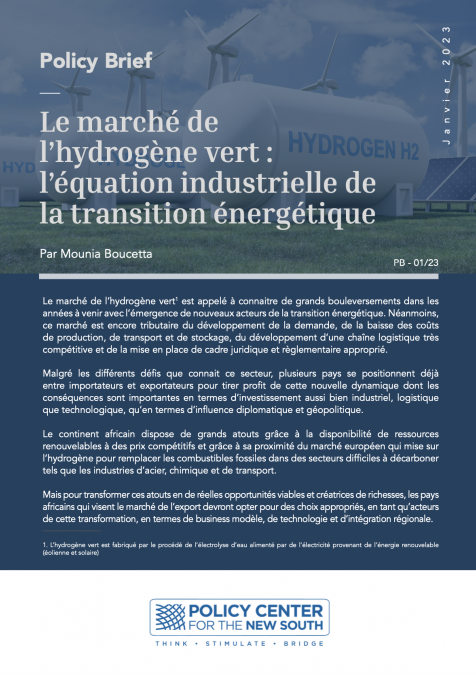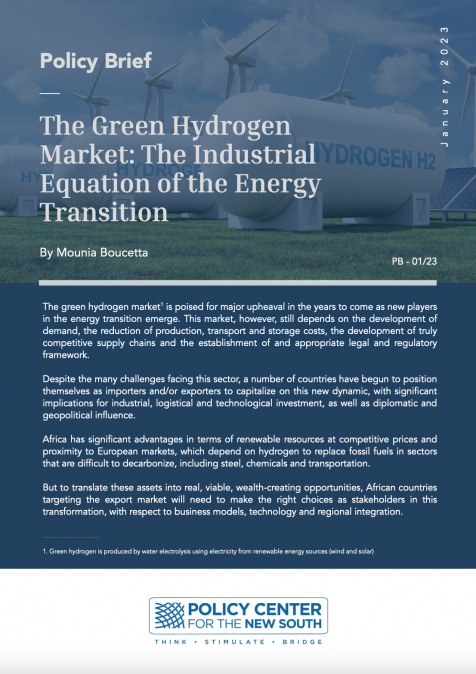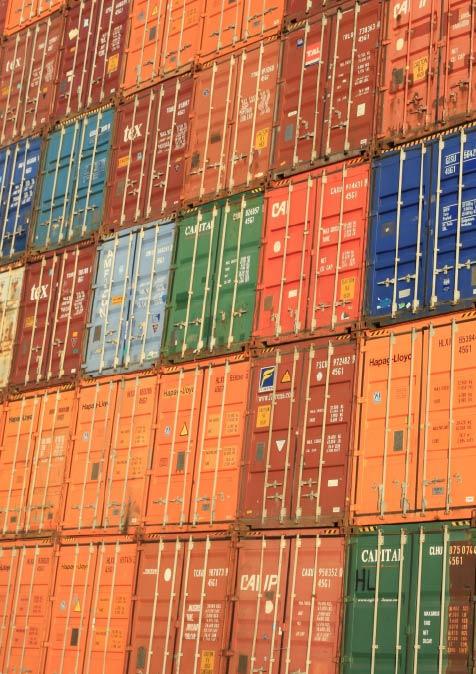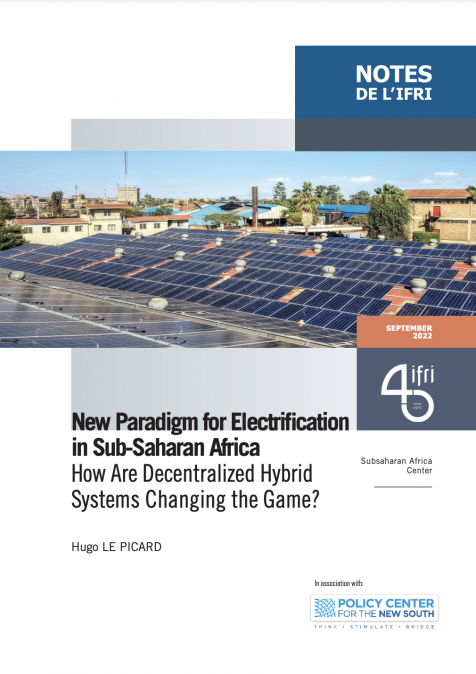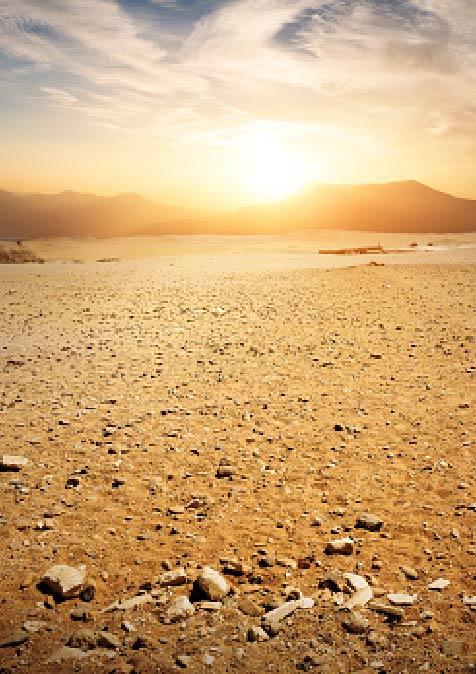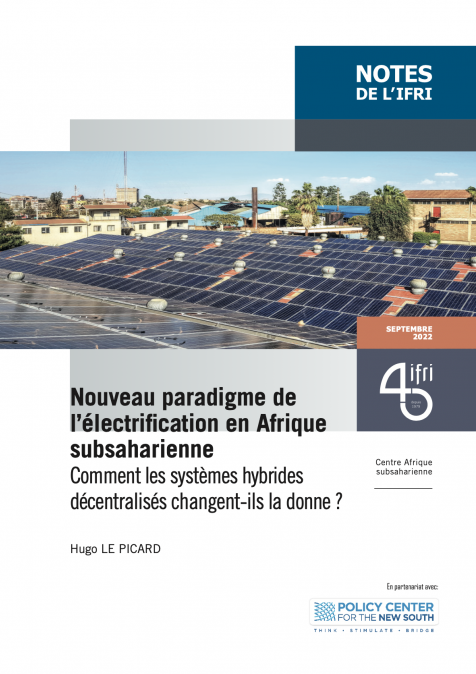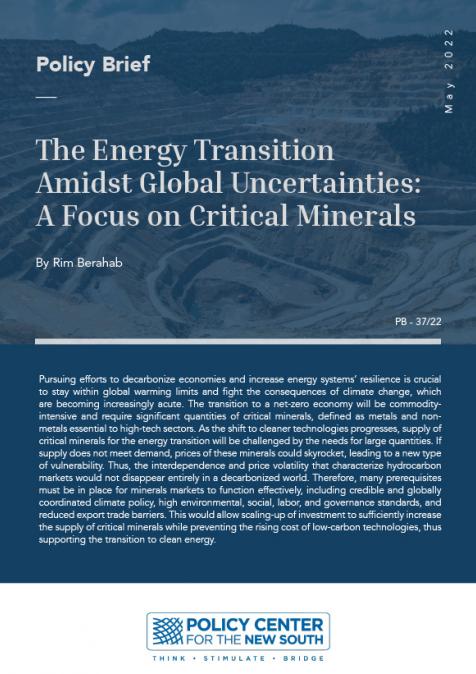Publications /
Opinion
I have been traveling to Morocco regularly—at least twice a year—for many years. But this time, the atmosphere in Rabat felt markedly different. I had the honor of addressing the Global Growth Congress, where I spoke on a topic that is rapidly becoming one of the most consequential issues of our time: Africa’s Energy Future: From Potential to Power.
We were not merely discussing electrons and megawatts. We were dissecting sovereignty, resilience, global competition, and the future of a continent that holds the key to the world’s clean energy transition—but still stands in the shadow of underdevelopment.
Africa’s Energy Paradox: Rich in Resources, Poor in Access
Africa is a continent blessed with energy abundance yet plagued by scarcity in access.
- It boasts 60% of the world’s best solar potential
- Houses massive hydropower and wind corridors
- Sits on over 30% of global reserves of critical minerals like cobalt, lithium, graphite, and rare earths
And yet, as of 2024, 590 million Africans—nearly 43% of the population—still live without access to electricity. According to the International Energy Agency (IEA) and IRENA, Sub-Saharan Africa accounts for 77% of the global electricity access gap.
With the continent’s population expected to exceed 2.5 billion by 2050, and power demand set to triple, Africa cannot afford to replicate 20th-century energy models.
This is not a problem of resources. It is a challenge of governance, infrastructure, finance, and coordination.
A Global Race Unfolding on African Soil
Africa’s energy landscape is no longer a developmental issue—it’s a geopolitical chessboard.
- China has invested in over 70 major power infrastructure projects across the continent, contributing nearly 40% of grid-related finance in the past decade. Its approach is defined by scale and speed, but often accompanied by debt distress.
- The European Union, through its Global Gateway initiative and Green Deal, offers a values-based framework with emphasis on ESG compliance, decarbonization, and local capacity building.
- The United States, via Power Africa, has re-engaged—but inconsistent policy and leadership transitions have limited its sustained impact.
- Türkiye, however, has quietly emerged as Africa’s most agile mid-tier power. Turkish energy firms such as TPAO and Kalyon, along with contractors and development agencies, are now operating in over 25 African countries—from hydropower in Sudan to solar projects in the Sahel.
In short, the race to shape Africa’s energy future is no longer hypothetical. It is already well underway—and Morocco stands at its center.
Morocco: A Continental Model of Institutional Excellence
Morocco has become a case study in energy leadership for Africa.
- The country has attracted over $5.3 billion in renewable energy investment
- It aims to produce over 52% of its electricity from renewables by 2030
- The Noor Ouarzazate Solar Complex—one of the world’s largest—produces 580 MW, trains African engineers, and showcases how solar, wind, and hydro can coexist in one national grid
- Through its MASEN agency, Morocco offers a framework built on regulatory stability, public-private partnerships, and long-term planning
In a continent often criticized for policy inconsistency, Morocco proves that with vision, clarity, and commitment, transformation is possible.
Five Strategic Levers for Africa’s Energy Transformation
1. Modernize the Grid and Embrace Decentralization
Transmission and distribution losses in many African countries exceed 20–25%.
Smart grids, battery storage, and decentralized mini-grids are essential for efficiency and resilience.
2. Scale Up Finance Through Innovation
Africa received $43.7 billion in climate finance in 2024—a 48% increase from the previous year. But this is still far short of the $277 billion required annually by 2030.
Solutions include:
- Green and blue bonds
- Blended finance with multilateral development banks
- Article 6 carbon markets
- Fintech platforms for off-grid energy access
3. Unleash the Private Sector
Red tape, unclear permits, currency volatility, and taxation inhibit investment.
One-stop-shop approval systems, sovereign guarantees, and streamlined land acquisition processes are needed to unlock private capital.
4. Deepen Regional Integration
Only 19 African countries currently trade electricity across borders.
Initiatives like WAPP (West African Power Pool) and EAPP (East African Power Pool) must be scaled through harmonized tariffs, shared infrastructure, and regulatory alignment.
5. Build Local Value Chains
Africa must move beyond mineral extraction.
- Process lithium in Zimbabwe
- Manufacture EV batteries in Kenya
- Assemble solar panels in Nigeria
This requires:
- Local content requirements
- Export restrictions on unprocessed minerals
- Investment in vocational training and energy academies
Water, Food, Energy, Climate: An Indivisible Nexus
Sectors must not operate in silos.
- Solar irrigation in Mali
- Wind-powered desalination in Namibia
- Cold-chain logistics in Ethiopia
These are examples of cross-sector synergy. Governments and donors must adopt nexus-oriented planning to maximize impact.
Human Capital: The Most Critical Energy Resource
Africa’s energy transition will need more than hardware. It requires people.
- The continent needs 10 million skilled energy professionals by 2030
- Investments must target TVET institutions, R&D hubs for green hydrogen and AI in energy, and
- The full inclusion of youth and women in energy governance
The real revolution begins when communities own, operate, and sustain their energy systems.
Conclusion: Powering Africa, Africa’s Way
Africa’s energy future is not just about megawatts. It is about markets, minds, minerals, and mobility.
This journey will demand:
- Visionary leadership
- Robust institutions
- Strategic global partnerships
- Proud African ownership
The world is watching. The time to act is now.
The script may be written globally—but the ink must be African.
Author’s Note:
“Resilience cannot be outsourced. Africa must power its future—its way.”
“Energy is not just about light. It is about life, dignity, and opportunity.”



